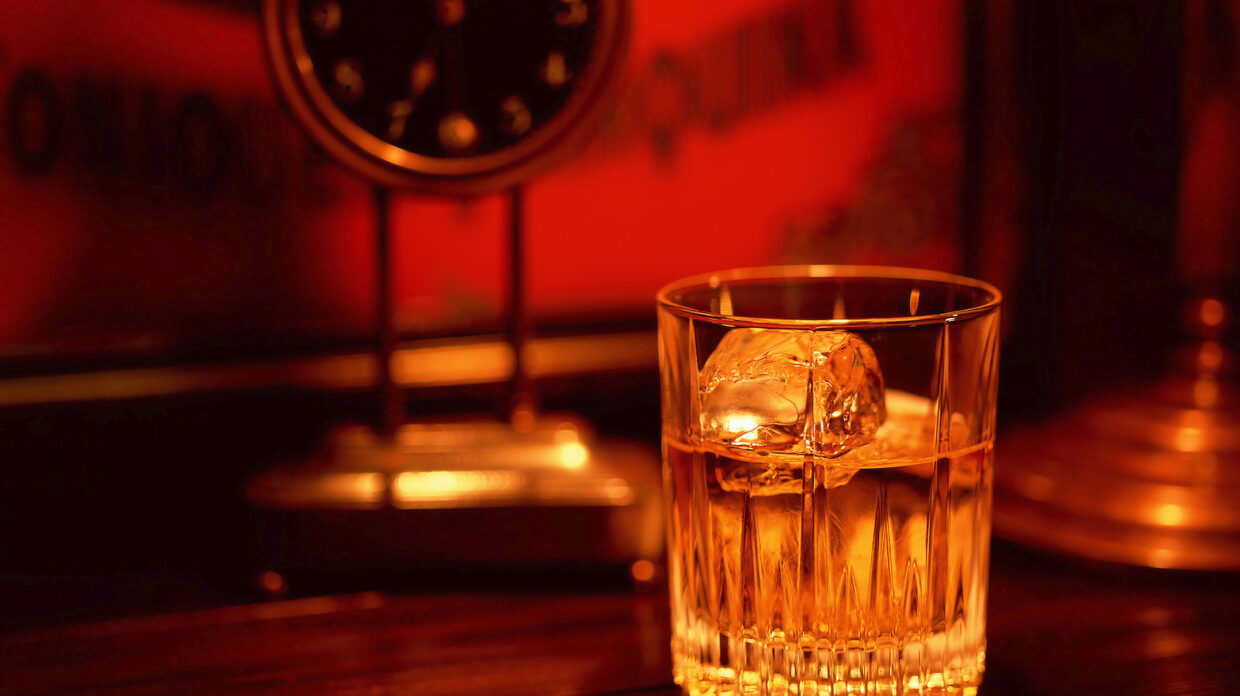
Targeting the smaller pool of wealthy collectors trying to acquire high-value whiskies raises the stakes for those buying whiskies to sell for profit. You are putting your assessment of a higher demand for the whisky up against that of the distiller, who has calculated their release price based on its anticipated appeal.
If the retail buyer has an edge it may be that not every factor is predictable in advance; awards, high-scoring reviews, and word-of-mouth excitement all have the power to catapult a whisky onto the must-have lists of collectors, bars, whisky clubs, and investors. Get your timing right and you could reap the rewards of offering the only bottle on the horizon to an eager multitude of buyers. Get it wrong, and your mistake could cost you thousands of dollars.
Once you have a bottle in hand, your stratagem as a reseller is to turn a profit: Anything else counts as failure. Demand at auction drives up hammer prices, but in reality you only need two impassioned collectors with sufficient resolve not to back down. But if a bottle achieves a record price, don’t rush to capitalize by selling yours. Consigning a whisky just after it has set a new record seldom accomplishes a higher hammer price; consider that one of the two top bidders is already holding their prize, often reducing the next sale price. Having the acumen to sell at the right time takes experience.
Good timing applies to buyers as well as sellers. Shrewd collectors will sniff out a new high-value whisky sold without reserve. Targeting a high-value whisky at auction that’s still available for sale in stores can often result in a significant discount for the collector. As retail bottles run dry, prices are likely to climb. Time is money, so whether you are a buyer or a seller, make sure you act when the time is right.






